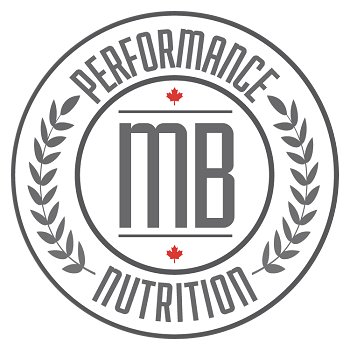Last updated on January 11th, 2024
Carbohydrates are a major source of fuel for OCR athletes during training. Although individual athlete needs may vary, I stand firm on the belief that if their carbohydrate intake does not provide enough fuel for their training and recovery, they will not perform at their best.
The keyword here is BEST.
One of your top priorities as an OCR athlete is to match your carbohydrate intake to the intensity and duration of your training. Obviously, this doesn’t mean filling up on brownies, white bread and other refined and processed grains.
If you want to stay healthy during the OCR season, your carbohydrate choices must be of the highest quality possible. This will provide the nutrients to keep your immune system strong so that your body can function optimally.
You should be consuming nutritious and wholesome sources of carbohydrates while decreasing nutrient-poor, refined sources. This could include the complex variety of carbohydrates as well as the simple variety. For example, while fruits contain simple carbohydrates, they are packed with nutrients. On the other hand, white bread contains complex carbohydrates but has a much lower vitamin and mineral content and has the fiber stripped away.
Wholesome grains are a source of fiber, antioxidants, and B vitamins and are an excellent choice for replenishing muscle and liver glycogen.
Whole-Grain Alternatives:
- Whole oats
- Barley
- Bran
- Sprouted whole-grain breads that contain whole seeds
- Amaranth
- Bulgur
- Kasha
- Millet
- Quinoa
- Spelt
Don’t forget that fruits and vegetables also contain carbohydrates and should make up the majority of your carbohydrate intake. Additionally, you should aim to consume 25 to 38 grams of fiber daily.
What about sugar?
Depending on the food choices you make, the sugar in your diet is either added or naturally occurring. The World Health Organization recommends that your sugar intake not exceed 10 percent of your total calories.
Obviously, you should aim to reduce the amount of added sugar you consume, especially since added sugars are normally found in foods with low nutritional value.
How many carbohydrates do you need?
Generally, the harder you train (and the higher the intensity), the more carbohydrates you burn. When you train above 80 percent of your maximum heart rate, fat cannot be used as fuel as effectively.
Your muscle storage capacity is reached with 4.5 to 5.5 grams of carbohydrates per pound of body weight. For me (130 pounds) that translates to 585 to 715 grams of carbohydrates. I recommend OCR athletes aim for 50 to 65 percent carbohydrate calories in their diet.
Your needs will vary depending on what phase of your training program you’re in, whether you’re restricting calories for weight management or have very high energy needs. Typically in the preparation phase of your training cycle you should aim for 3 g/lb. carbohydrates, in the build phase you should aim for 4.5 g/lb. and in the transition phase you should aim for 2.5 g/lb.
Symptoms of glycogen depletion:
- Hitting the wall
- Feeling sluggish or heavy
- General lethargy
- Difficulty maintaining your usual intensity and duration of training
- Unable to put out an increased effort during training
- Poor recovery


